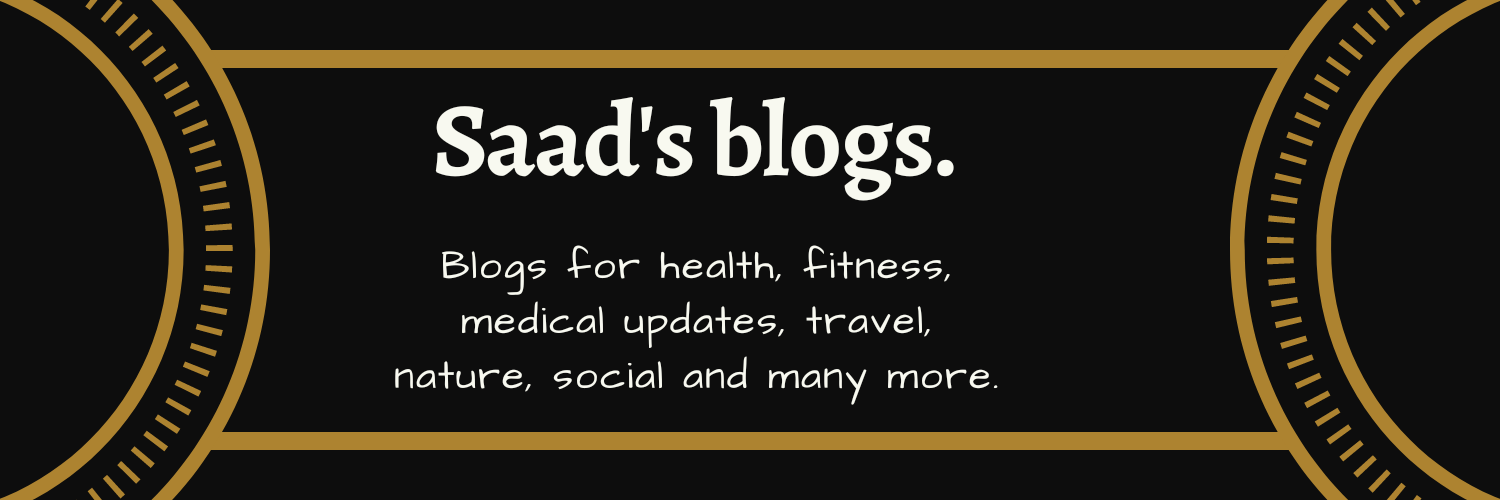DNB: An Insight.
DNB: An Insight.
India is the only country in the world running two different doctoral courses for doctors, i.e, Doctor of Medicine (MD) and Diplomate of National Board (DNB). The objective to establish NBE was to improve the quality and uniformity of medical education, uplift the postgraduate (PG) examination standard, and produce efficient specialists. In 1982, NBE became an independent body under the Ministry of Health and Family Welfare (MOHFW) having the power of accreditation of hospitals and institutions to train medical doctoral (DNB broad specialty) and post-doctoral (DNB superspeciality).

Timeline:
1.1975 – DNB Courses were started.
2.1983 – The Diplomate of National Board qualification in various disciplines granted by the NBE, New Delhi, shall be recognized medical qualifications when granted on or after August 30, 1982.
3.November 4,2010 DNB is equivalent to MD/MS.
4.2013 – NBE started conducting PG Entrance Examinations AIPG, FMGE, FNB Entrance exams along with DNB Entrance Exams.
5.2016 – Last DNB Entrance exams as a separate exam for DNB. This exam was conducted twice a year. June DNB, Dec DNB.
6.2017 – DNB admission started through NEET PG Entrance Exams.

Courses /Exams under NBE.
1.DNB (Broad speciality) Immediately after MBBS direct Entrance exams.
2.Secondary DNB after completing diploma courses in different specialties.
3.DNB( Super speciality) After MD/MS For Super speciality.
4.FNB(Fellowship in National board) – 2 years course after DNB/MD/MS in different specialties.
5.FMGE(Foreign Medical Graduate Examination) Those who passed MBBS outside India have to clear these exams in order to practice in India as a MBBS doctor.

Advantages of DNB over MD/MS.
1.Only merit: In DNB there is no management quota, if someone has to get admission in DNB he/she has to crack the NEET PG ENTRANCE Exams.
2.Inexpensive: Only the yearly stipulated fee is to be paid. This year 2022 it’s 1,25,000 per year. Compared to the fees charged by private medical colleges it is cheap. In each hospital stipend is minimum 35,000/month in first year, 37,000/month in second year and 39,000/month in final year. If the state government college’s stipend is more than the hospital should pay that much amount.
3.Management as per guidelines. In many large private hospitals, the management of the case is on par with international standards. Many government medical colleges lack these standards.
4.Some of the latest procedures, surgical techniques, medical advances, and expensive investigations are more commonly done at private hospitals.
5.Recognition abroad: Some countries have started recognizing DNB from India more than MD/MS. So if you aim to work abroad, go for a DNB degree.
6.No pressure from seniors and professor or HOD: This is the most common problem in medical colleges where he/she has to keep his/her professor, Unit head, HOD happy otherwise his/her results are in their hands. These PGs do everything in order to keep them happy. This does not happen in DNB hospital as the examiner and exam center is somewhere else.
7.Relatively easier entry : Most top rankers in NEET PG will choose MD/MS. So admission in the same stream in DNB will be a little easier than MD/MS. DNB is best for middle class families to get the clinical seat in DNB, no extra money needed, no pocket money needed.
8.No Clerical work : In DNB every hospital wants to discharge the patient at the earliest but in medical colleges patients will be kept for a long time even though they don’t need hospitalization this increases the clerical work. In some private medical colleges PGs fill the dummy case sheets.

Disadvantages of DNB over MD/MS:
1.Less pass percentage: Pass rate of DNB is around 10-15 percentage in general. Nowadays there is an increase in pass percentage because of the non biased practical exam pattern known as OSCE.
2.Teaching job in Medical college: Some medical colleges demand work experience from DNB holders to start teaching while MD/MS holders have no such condition.
3.Less surgical exposure. In some institutes DNB residents are not given enough exposure and independence while working. Especially in surgical branches. I did my DNB. Our hospital had good surgical exposure from day 1.
4.Problems in private practice: There is less recognition among the general public about DNB degrees. So a doctor might face some difficulty early on if he/she starts a private clinic. However, this is changing fast.
5.Less Academics: There are less Academics in DNB as the hospital is more patient centric and professors are busy in their practices. In Medical colleges Academics is very good compared to DNB.

In a nutshell, I prefer MD/MS in government medical colleges followed by DNB , followed by MD/MS seats in private colleges.
I am Dr Saad Mohammad Athanikar, MBBS, DNB(ORTHO) MNAMS. I have been dealing with post graduate Entrance aspirants, and postgraduate students across the country since last 9 years. At the end of your masters in one’s private practice type of degree , college doesn’t matter a lot. How you approach the patient, how you deal with the patient, surgical skills matters a lot.
Disclaimer: The opinions expressed in this article are the personal opinions of the author. The author does not assume any responsibility or liability for the same.
If you like my blog please comment below.


Detailed and clear explanation you have provided bhai….will be helpful for the future aspirants ….
Thank you Dr Saab.
Thank you dr saab